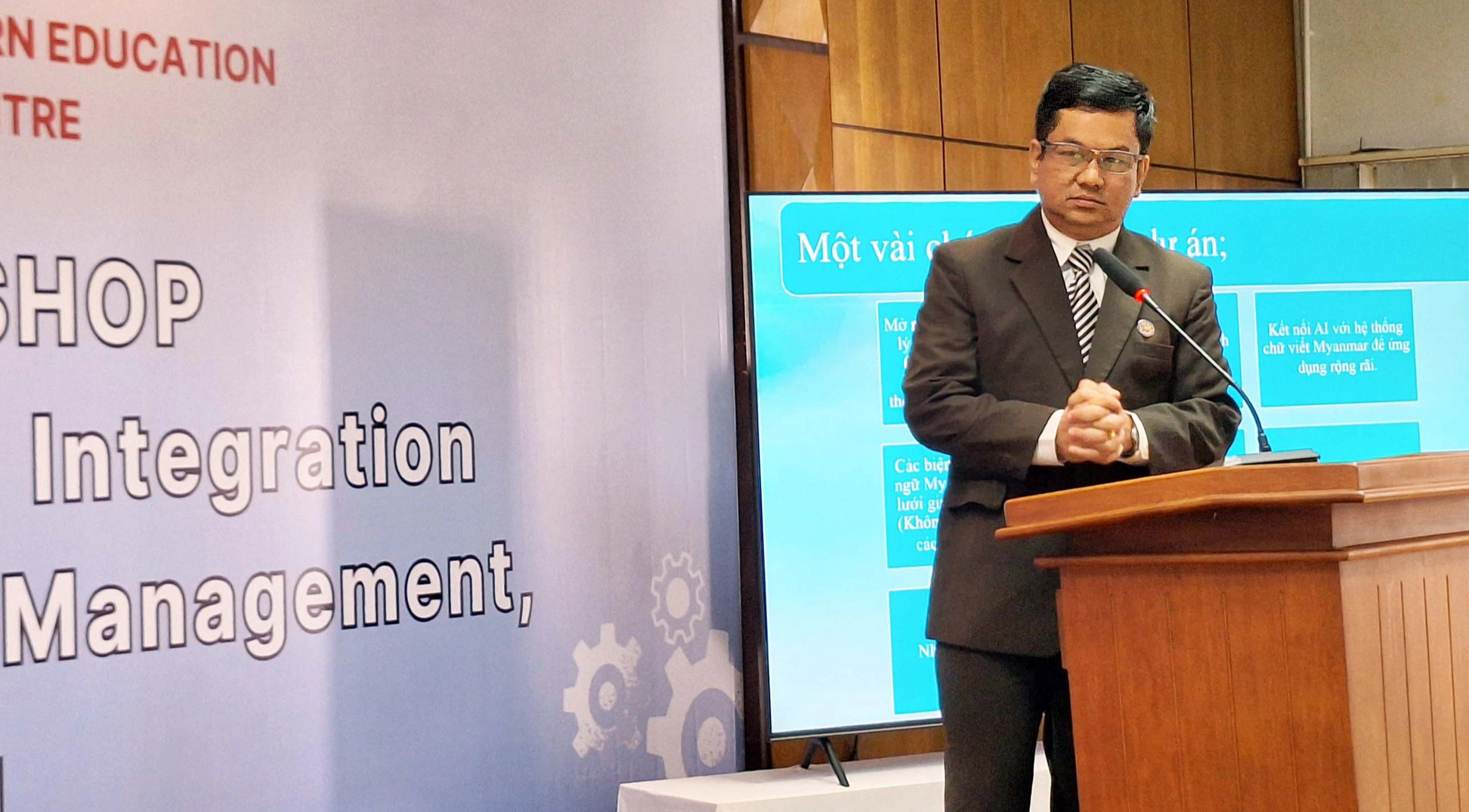
Dr. Win Pe shares about the ongoing Myanmar Language and Literature Development project - Photo: TRONG NHAN
On October 17, the Southern Center for Education and Training Development (Ministry of Education and Training) in collaboration with the Southeast Asian Ministers of Education Organization (SEAMEO) organized a workshop on Applying artificial intelligence (AI) to organizational management, school management and teaching to meet the requirements of digital transformation in Vietnam.
At the conference, many education experts in Southeast Asian countries shared major projects applying AI in education in their countries.
Dr. Win Pe - Director General of Alternative Education Department, Ministry of Education, Myanmar - shared that digital technologies and AI are being applied in a large-scale project in Myanmar, the Myanmar Language and Literature Development Project, 2023-2028.
This project aims to enhance the use and promotion of Myanmar language and literature in a new context, including promoting literacy, restoring cultural heritage, etc.
In this national project, AI tools are used to develop digital resources for Burmese language learners, especially at the intermediate level.
AI tools also facilitate language acquisition by providing personalized feedback.
Furthermore, in the project, AI will support the preservation and restoration of Myanmar's literary heritage, participating in the analysis of large volumes of literary content, allowing the preservation of historical texts and the promotion of new literature.
However, Dr. Win Pe said that there are challenges, one of which is the ability of people to access the digital environment. Therefore, Myanmar is investing in expanding Internet connectivity and digital access, especially in rural areas.
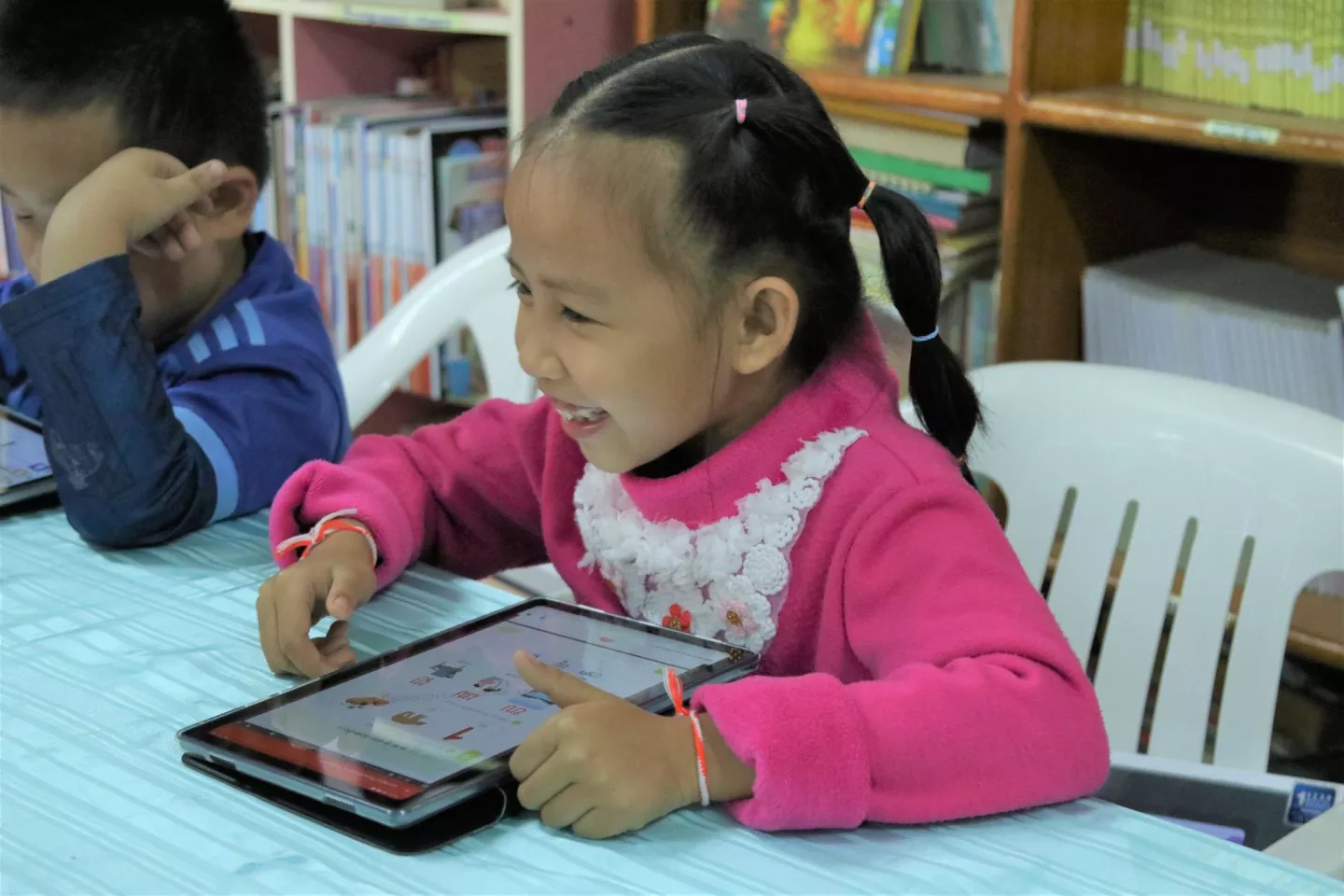
Lao students learn on an app from the Khang Panya Lao project - Photo: UNICEF
Meanwhile, Ms. Philany Pissamay - Deputy Director General of the Department of Non-Formal Education, Lao Ministry of Education and Sports - said that the country has been building the Khang Panya Lao project (also known as "Lao Knowledge Repository"), an educational platform developed by the Lao Ministry of Education and Sports, with the support of UNICEF and the European Union.
Khang Panya Lao was initially launched in response to the COVID-19 pandemic, providing distance learning resources for students.
Today, the platform has expanded to offer interactive digital lessons covering a variety of subjects for students from elementary to high school levels such as educational games, quizzes, and other materials that students can access online or offline through a mobile app.
Khang Panya Lao has been widely adopted, reaching over 100,000 users and continues to expand as part of Laos’ broader strategy to increase digital education and improve literacy across the country.
According to Philany Pissamay, one of the challenges Laos faces in applying AI to education is the shortage of AI experts and educators, while many teachers are not familiar with AI. Professional development for teaching staff also requires significant investment.
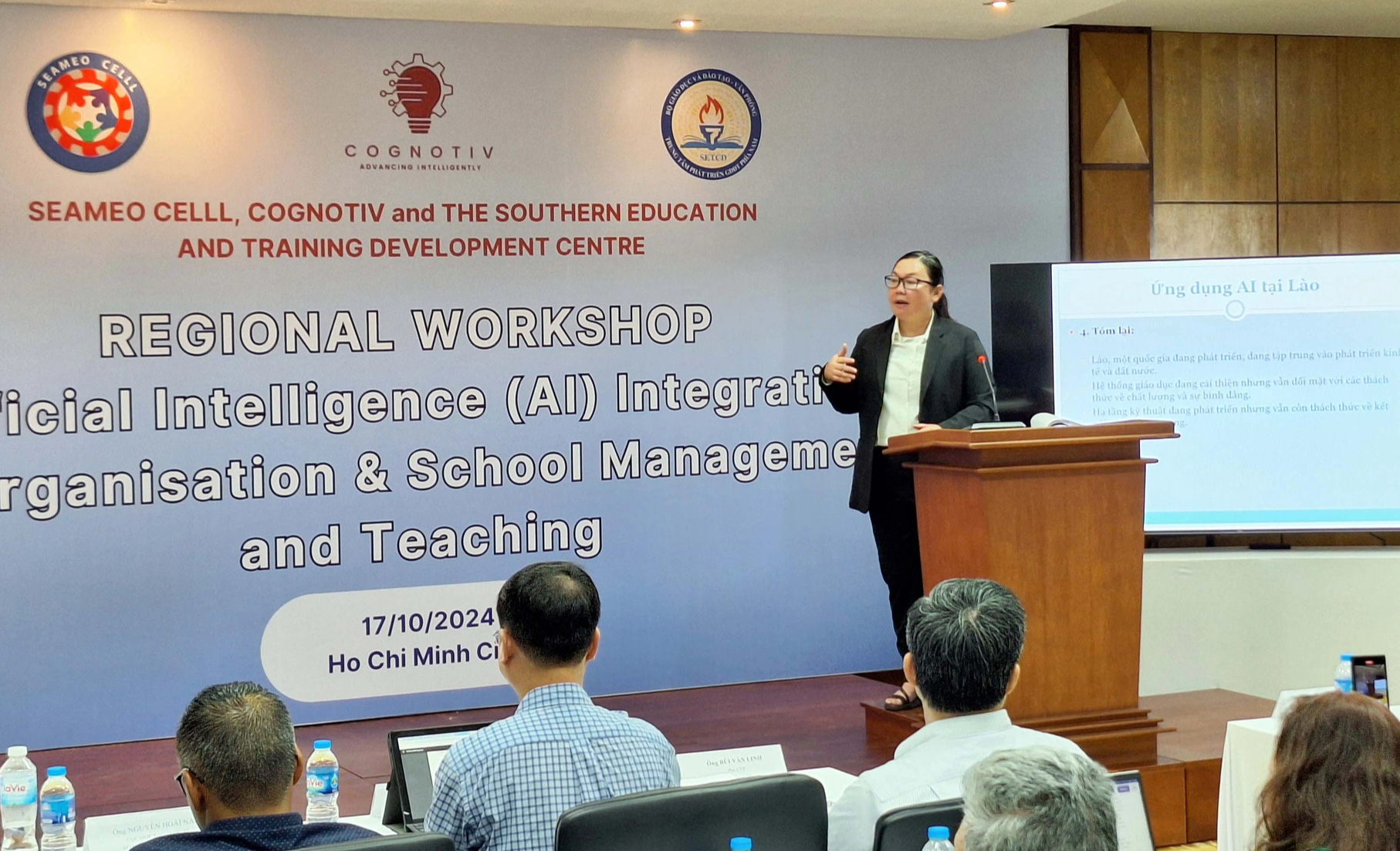
Ms. Philany Pissamay shared at the event - Photo: TRONG NHAN
Security considerations when applying AI
Dr. Le Thi My Ha - Director of the Southeast Asian Ministers of Education Organization's Regional Center for Lifelong Learning (SEAMEO CELLL) - said that in Vietnam, AI is gradually having more influence on school management and learning processes.
Additionally, AI also has the potential to simplify management, reducing the administrative burden on administrators and teachers.
However, according to her, information security issues need to be noted. Legal frameworks are needed to limit misuse or data breaches when applying AI technology in the education sector in Vietnam.
Source: https://tuoitre.vn/nhieu-nuoc-dong-nam-a-chay-dua-dua-ai-vao-giao-duc-20241017175527765.htm
































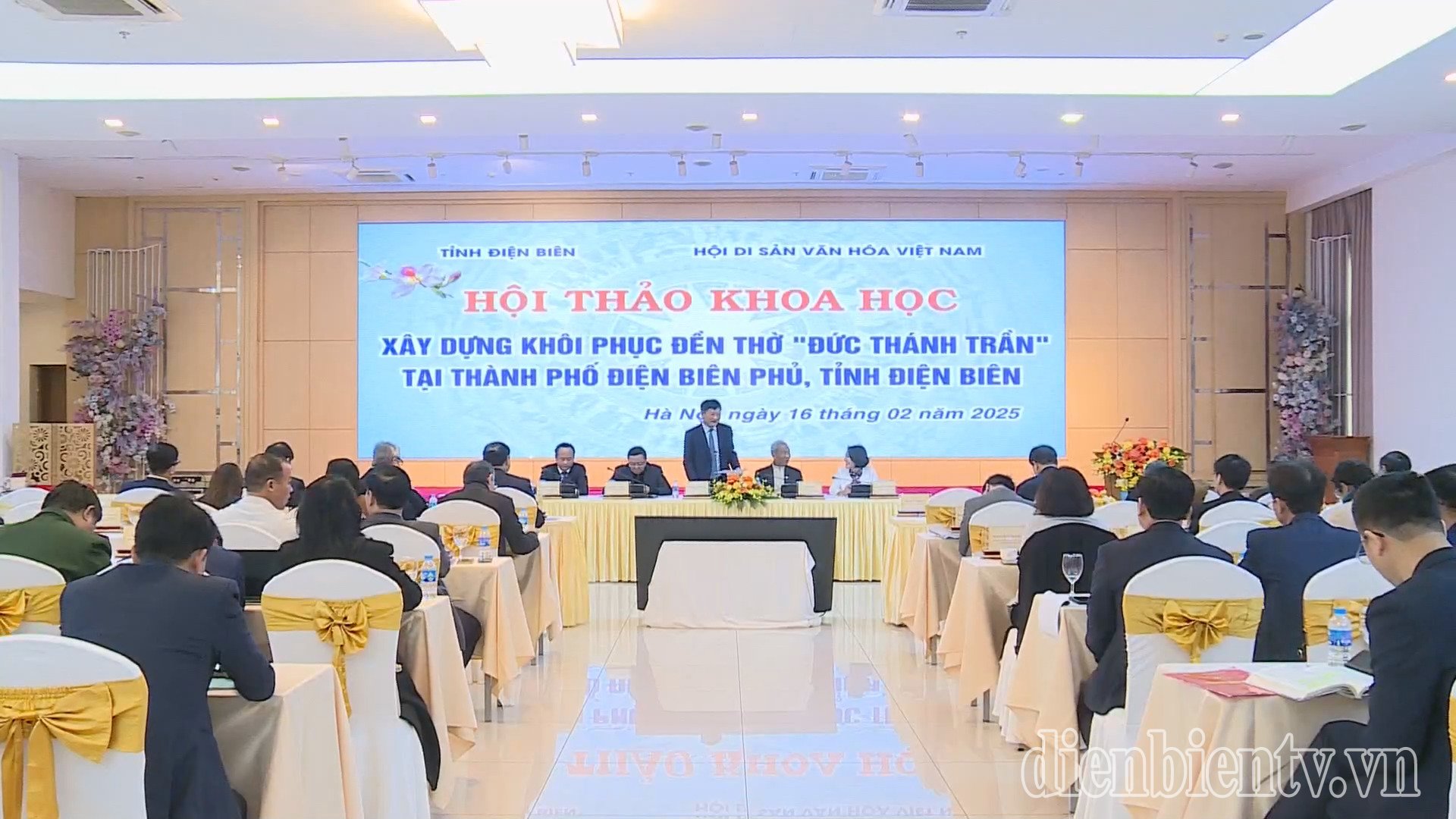

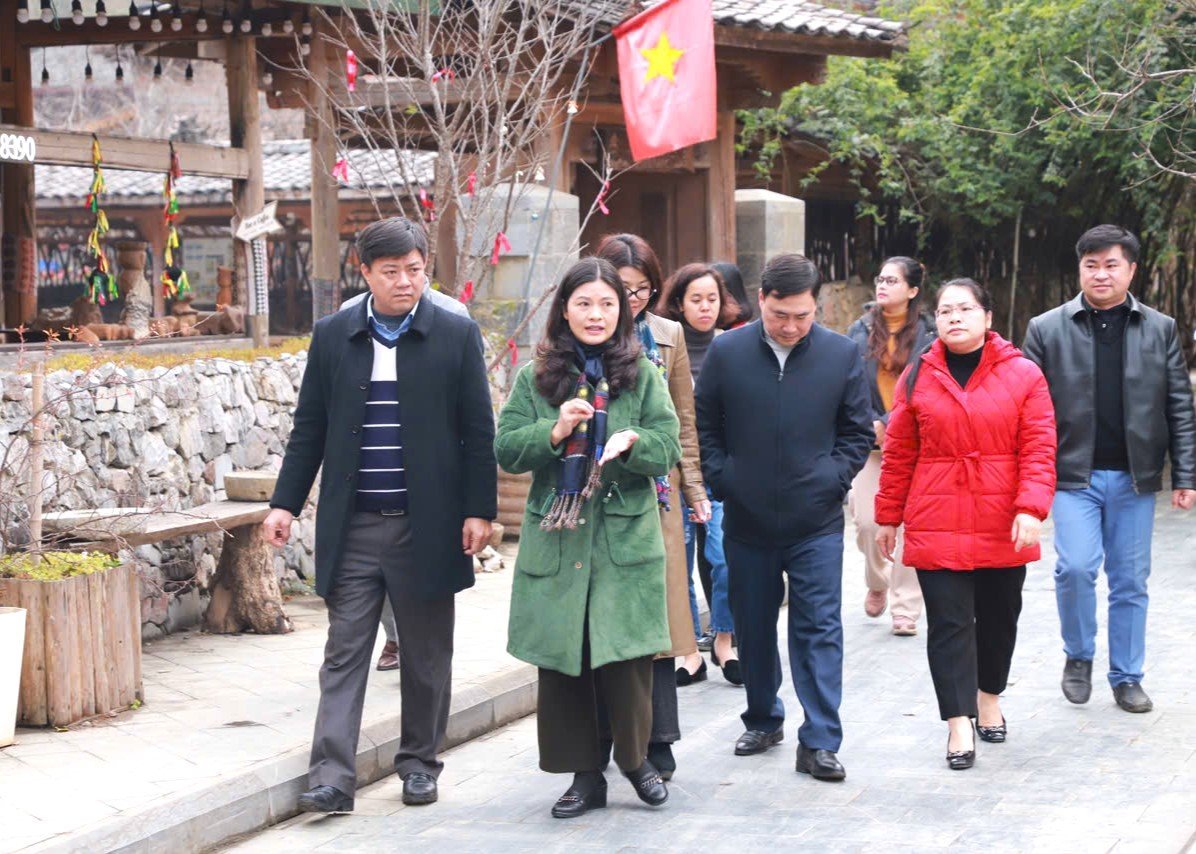
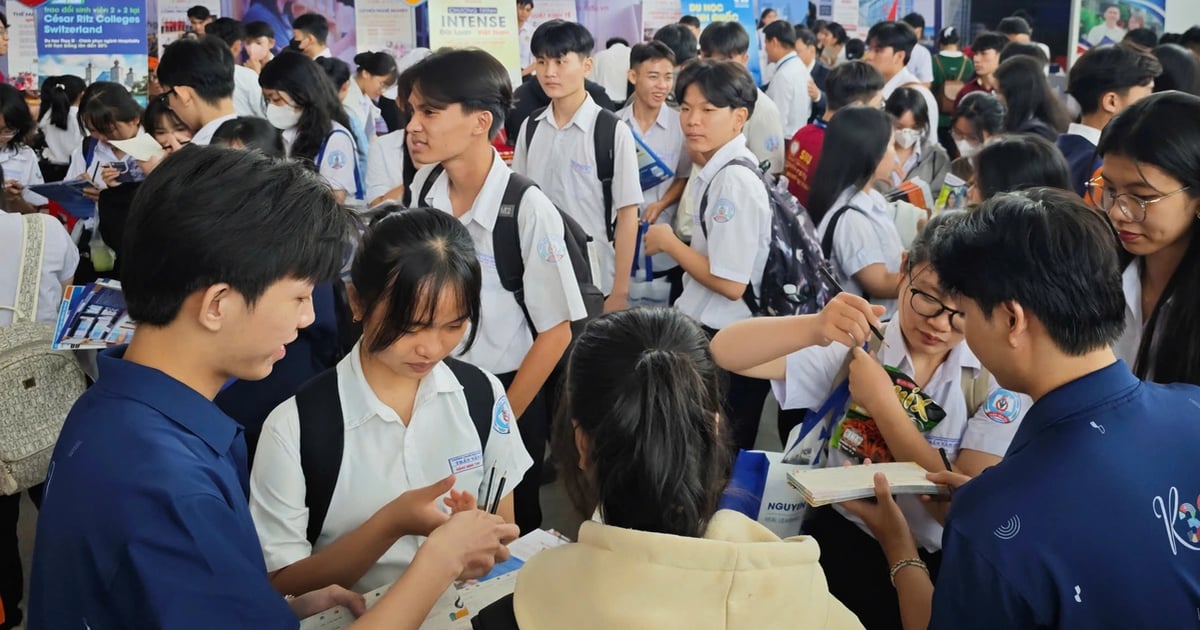




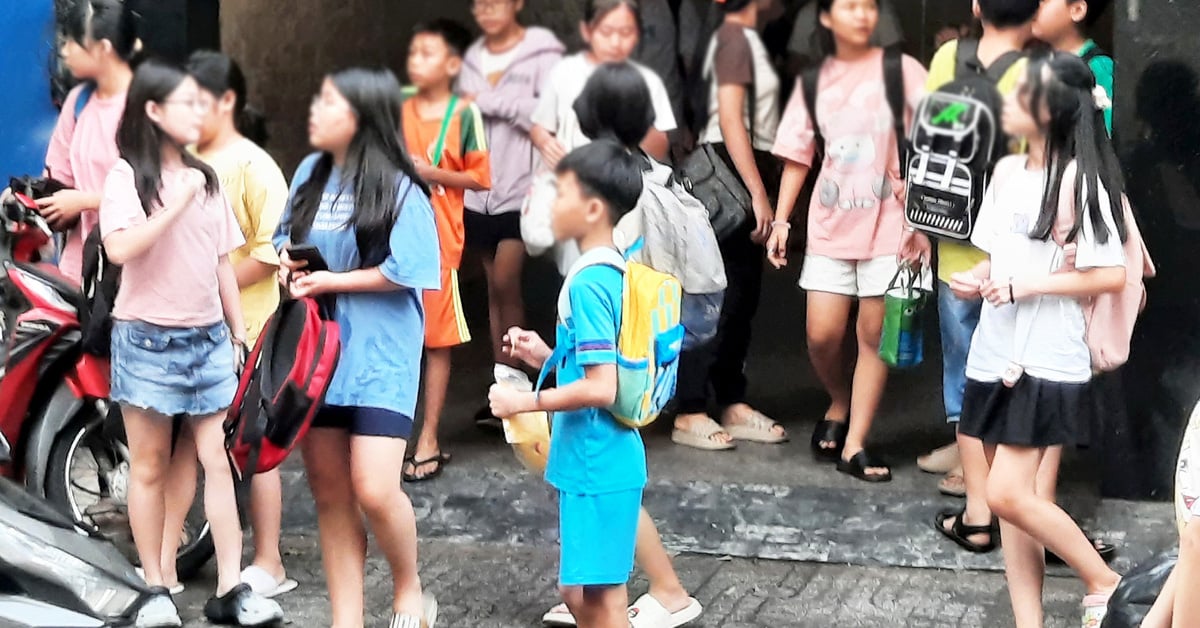
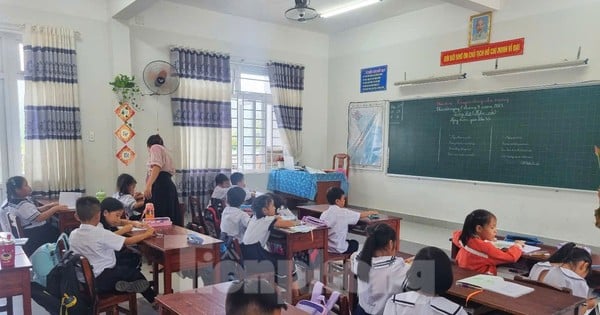

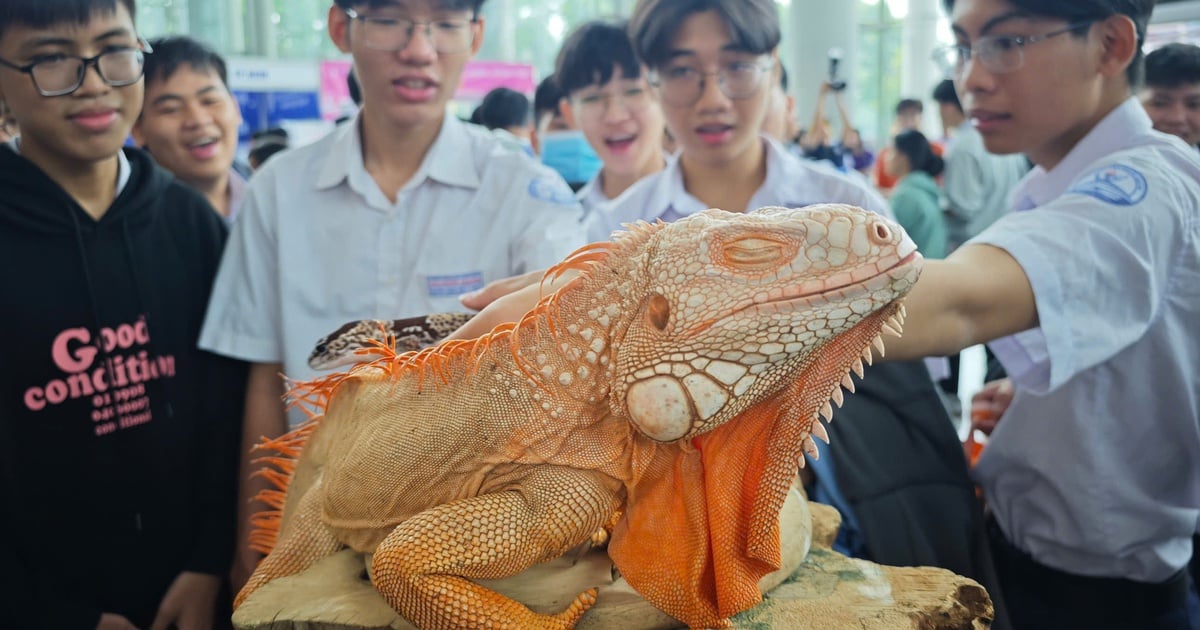
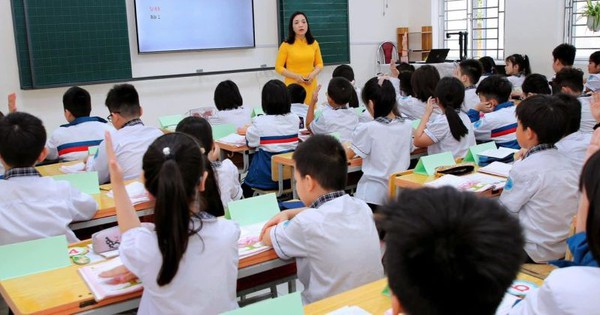

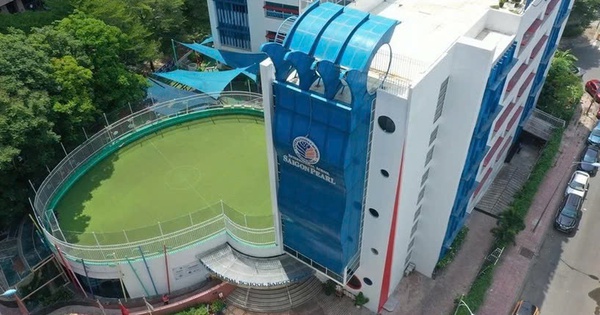

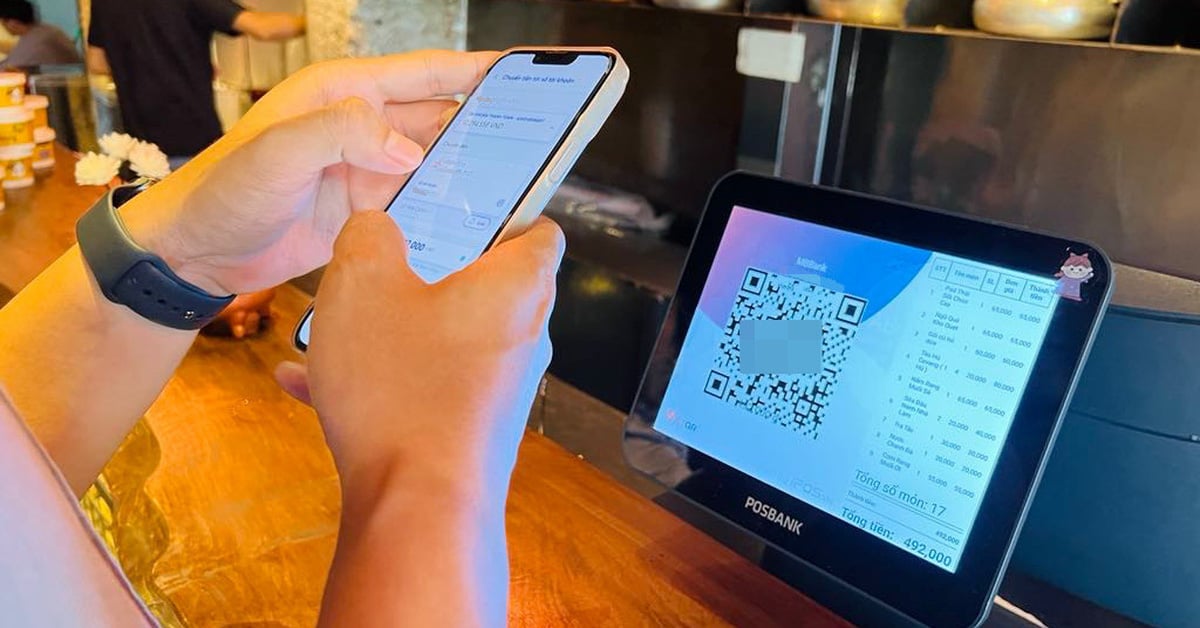
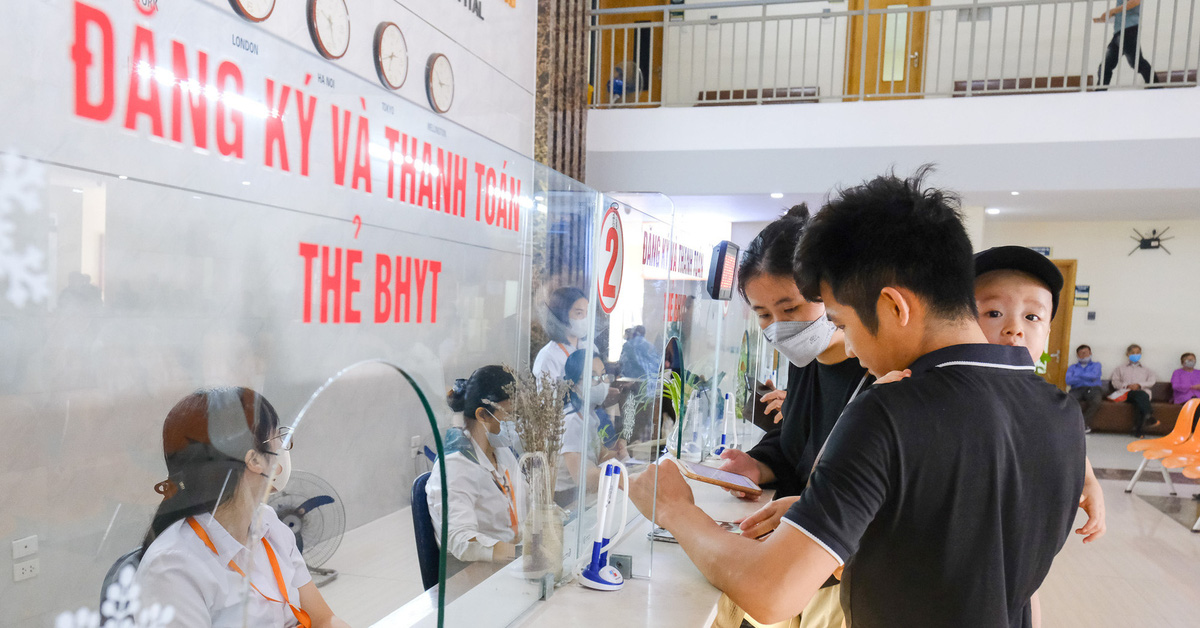
















Comment (0)